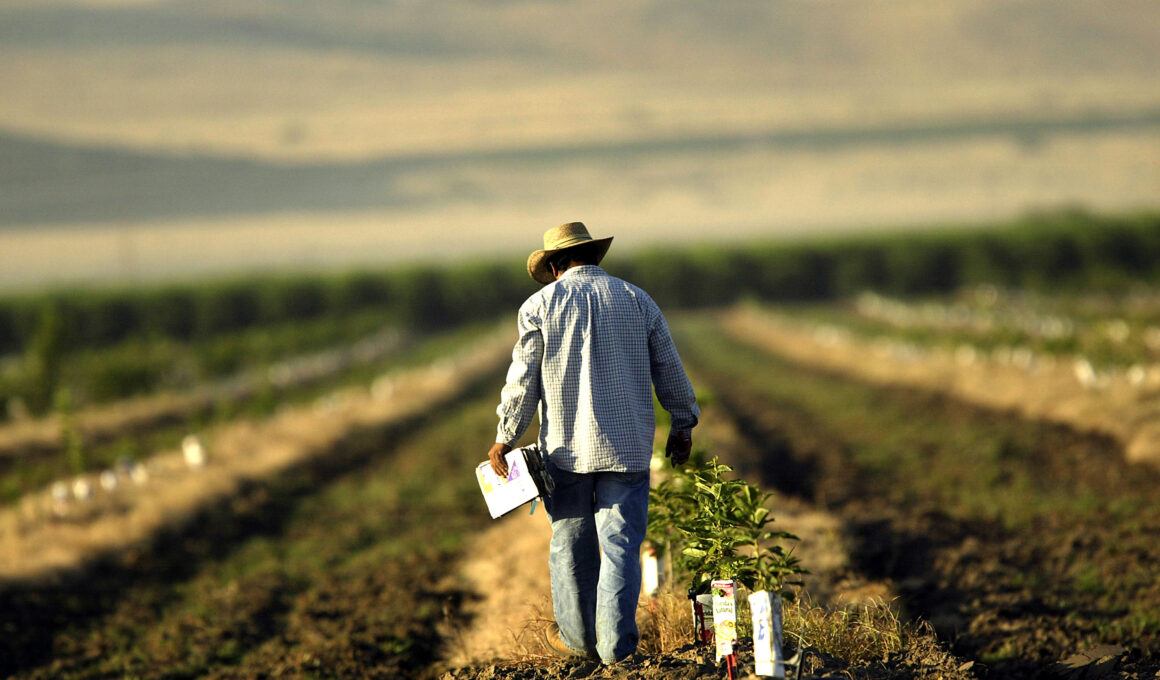A California organization dedicated to providing field workers with adequate supplies to combat heat illness has accused the state of “negligence” when it comes to protecting workers from heat.
This summer, California battled weeks of heat that sent temperatures soaring well past 100 degrees Fahrenheit in some areas. Some of the worst exposures were experienced in agricultural fields, where workers toiled under an unforgiving sun for hours at a time. Extreme heat is deadly for many people each year. The Centers for Disease Control and Prevention ( CDC) reports that approximately 1,220 people are killed by extreme heat in the U.S. annually. Last year, the Department of Health and Human Services (HHS) reported that 2,302 people died of heat-related causes last year.
Although a law by the California Division of Occupational Safety and Health (Cal/OSHA) requires employers to provide easily accessible cool water and shade to workers when temperatures rise above 80 degrees, an investigation by the Los Angeles Times and investigative journalism organization Capital & Main recently found that enforcement of the law is lacking, with Cal/OSHA field inspections plummeting by 30 percent since 2017. OSHA violations issued to employers have dropped by around 40 percent in the same time period.
When advocates visited the fields, they found concerning evidence at some farms.
“I won’t say it’s every farm…But I will say that there is negligence when it comes to protecting the workers, whether they’re hired directly by the farm or they’re hired through a contractor that the farm hires,” Marivel Mendoza, executive director of Hijas del Campo, told Los Angeles Times.
Hijas del Campo provides resources to migrant farm workers. Newsweek reached out to the organization and to Cal/OSHA by email for comment.
According to the Los Angeles Times report, Cal/OSHA said it plans to increase hiring to fill vacant positions and improve automation to better allow for field inspection, as well as create a new agricultural unit to conduct more investigations and enforce the laws. But in the meantime, workers are succumbing to the heat.
During the Capital & Main investigation, workers admitted to being exposed to poor conditions, such as lacking access to water or shade for extended periods of time. In some instances, the resources are provided but are “hundreds of yards away” from the workers, the report said, making the respite from the heat difficult to reach during short break times, even though the OSHA law requires that cool water and shade are “located as close as possible to work areas.”
Although Cal/OSHA is struggling to fulfill vacant positions, it recently approved a new law that establishes safety measures for indoor workplaces where the temperature exceeds 82 degrees. The law, which is designed to “prevent worker exposure to risk of heat illness,” according to the OSHA site, went into effect on July 23.








